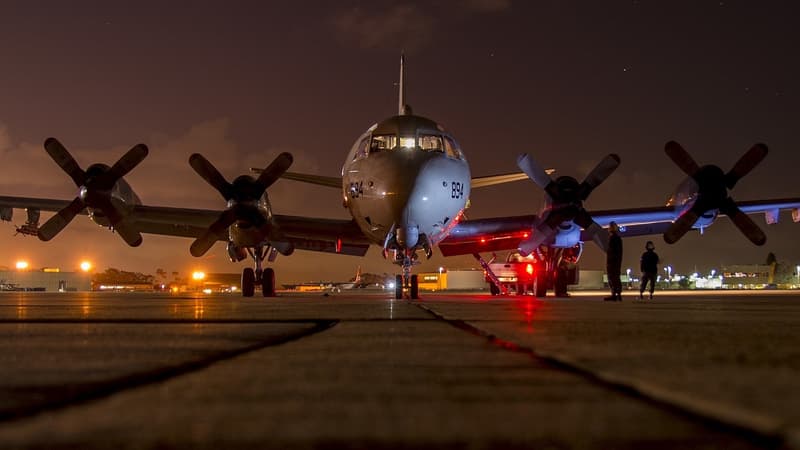Air transport in Europe was more fluid this summer than during the same 2024 period, despite a 3% increase in the number of flights for a year, announced this Friday, September 5. According to the results of this air traffic surveillance organization, the European sky was traveled by 35,122 flights per day on average between June 1 and August 31, the traditional peak period, which represents 1% more than in the summer of 2019, before the health crisis.
Delays due to air traffic control fell 27% in a year, from 5.4 to 3.9 minutes on average per flight. Punctuality has improved 6.5 points, with 71% of flights that arrive on time, at the 15 minutes closest.
Undo objectives achieved
These figures, partly as the result of a more indulgent climate than a previous year, remain worse than those of 2019, and “lower than the objectives,” Eurocontrol explained in a press release, pointing to insufficient air controllers in certain countries and equipment that requires being modernized.
Eurocontrol lists eight “hot points”, areas where average delays “on the road” (that is, linked to flight conditions in flight and not to the situation at the airport) are more than a minute per flight. And at the top of this list appears by the Directorate of Air Navigation Services (DSNA, France), 3.6 minutes per flight, against 3.1 minutes on average, consequence of numbers too low, bad weather and, to a lesser extent, social movements.
The strike of July 3 and 4 launched by two minority unions of French skylights caused an average of the cancellation of 1,422 trips and delays for 3,713 flights per day, which cost around 120 million euros to the airlines, Eurocontrol estimated on July 10.
Source: BFM TV


